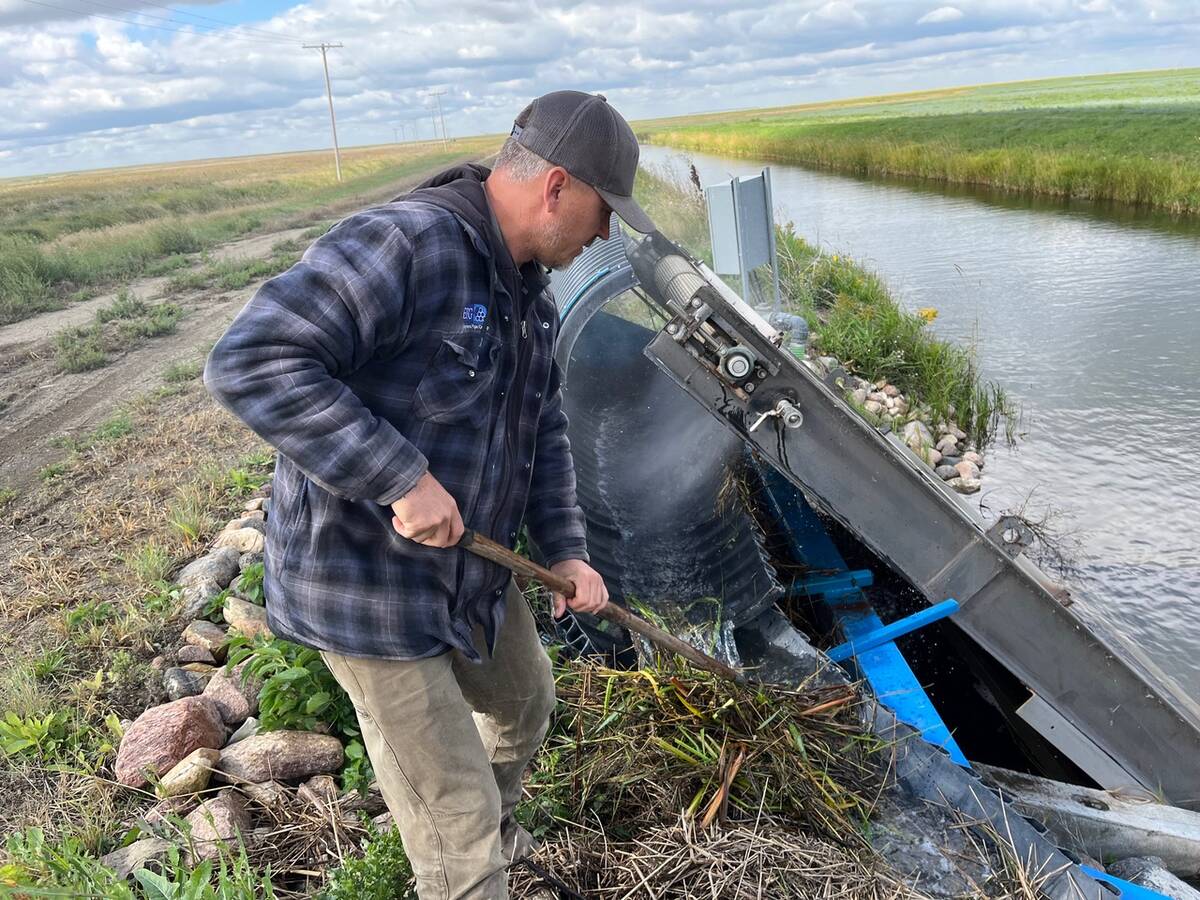British Columbia’s agriculture minister has pledged his support for
supply management.
“Our government strongly supports and endorses the supply management
system as it provides producers with fair returns, the consumers with
quality products and fair prices, and fosters additional economic
activity in our province,” John van Dongen said during a conference
call from Victoria.
“Producers and consumers of regulated commodities in B.C. are
benefiting from the stabilizing effects of what regulated marketing
Read Also

Saskatchewan farmer uses tile drainage to manage water
The integration of both irrigation and tile drainage results in higher yields, water efficiency, improved soils and less nutrient runoff, says one producer.
brings to the agriculture industry, as well as subsequent economic
activity and jobs.”
Van Dongen’s announcement is a relief for farmers who worried the
government’s study of regulated marketing in the province would
recommend deregulating supply managed commodities like chickens, eggs,
turkeys, milk and hatching eggs.
“I’m hopeful they will recognize it’s a decision that provides solid
support for the regulated marketing sector, particularly the supply
managed sector,” he said about farmers’ concerns.
Andy Dolberg, manager of the B.C. Council of Marketing Boards, said the
report was “really encouraging” to supply managed commodities.
“The supply managed boards are certainly pleased the minister
reinforced what they knew all along, that marketing boards are an
economic benefit to B.C.,” Dolberg said.
Earlier this year, all government departments took a close look at
their core operations. Three studies were done on the regulated
marketing system, including one from the George Morris Centre in
Guelph, Ont., which Van Dongen said concluded that keeping marketing
boards was in the best interest of the country and the province.
“They clearly stated no government in Canada should consider any level
of deregulation of their regulated marketing system, particularly
supply managed commodities, in the next 10 or 15 years.”
While the reports recommended keeping existing supply management
boards, it also recommended a closer look at other regulated, but
non-supply managed commodities such as hogs, cranberries, mushrooms and
vegetables.
Van Dongen said the government isn’t going to immediately dismantle
those boards, but will see if there is a better way to operate and
manage their commodities.
“We will go through each of the commodities and ask industry what is an
appropriate level of authority for their commodity.”
Other changes include:
- Chairs for both supply managed and non-supply managed boards and
commissions will be appointed through an order in council over the next
18 months.
- Memorandums of understanding will clarify roles and responsibilities
for government and boards. They will be implemented within the next 18
months.
- Development of specialty markets will be encouraged within supply
managed commodities.
- The government’s long-term direction will be to deregulate the
non-supply managed sector in a measured and considered manner.
















